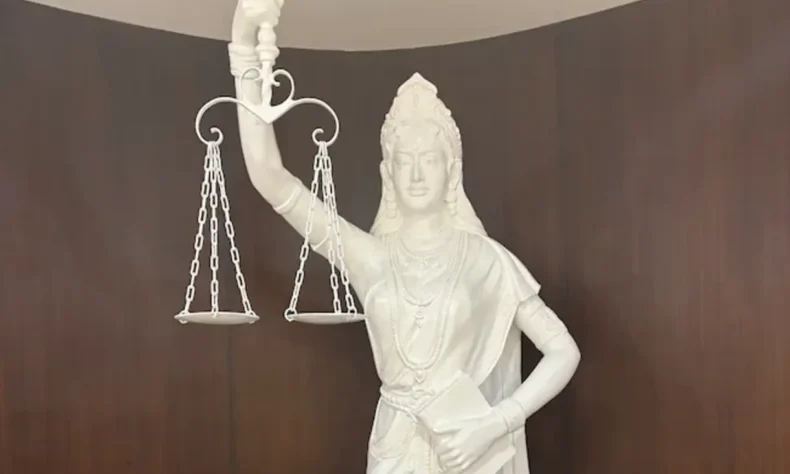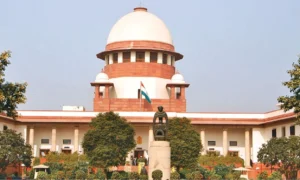
In a significant ruling that reinforces reproductive rights and legal fairness, the Supreme Court of India has held that the age limits imposed by the Surrogacy (Regulation) Act, 2021 cannot be retrospectively applied to couples who had already initiated the surrogacy process before the law came into force.
A Bench of the Court permitted three couples to proceed with their surrogacy arrangements despite being above the statutory age ceiling prescribed under the Act. The Court noted that all three couples had frozen embryos prior to the enactment of the 2021 legislation, and hence their reproductive efforts had commenced lawfully under the pre-existing framework. Applying the law’s new age restrictions to them, the Court observed, would amount to a retrospective interference with rights that were already vested.
The Surrogacy (Regulation) Act, 2021, which came into effect in January 2022, introduced a series of restrictions to regulate assisted reproductive techniques and surrogacy practices in India. Among other provisions, it set upper age limits of 50 years for women and 55 years for men intending to opt for surrogacy. The legislation also imposed strict conditions on who could act as a surrogate, and required multiple levels of authorization from state and national boards.
However, the Supreme Court observed that these restrictions must be applied prospectively, not retroactively. It reasoned that when couples had lawfully created and stored embryos before the new law was enacted, they acquired a legitimate expectation that those embryos could be used in the future. Denying them that right solely due to their age at a later date would, the Court said, be unreasonable and unjust.
During the hearing, the petitioners argued that they had undergone the necessary medical and legal procedures for embryo creation and freezing well before the 2021 Act was notified. They contended that the government’s subsequent insistence on age compliance under the new law effectively deprived them of their right to parenthood. The petitioners maintained that such restrictions violated their fundamental right to personal liberty and reproductive autonomy under Article 21 of the Constitution.
The Supreme Court appeared to agree with these submissions and also questioned the rationale behind the government’s decision to impose strict age limits for intending parents. The Bench observed that the age criteria appeared to lack a scientific or policy-based justification and risked infringing on the individual freedom to decide when and how to become a parent. The Court emphasized that while the State may regulate assisted reproductive technologies to prevent exploitation and ensure ethical practices, such regulation must remain reasonable, non-arbitrary, and consistent with constitutional guarantees.
Allowing the petitions, the Court directed that the three couples be permitted to proceed with their surrogacy process, recognizing that they had taken substantial steps toward parenthood before the law changed. The Court’s decision effectively creates a protective exception for individuals who had already begun their surrogacy journey before the 2021 Act came into operation.
This judgment marks an important moment in the evolving jurisprudence on reproductive rights in India. It reinforces the principle that laws should not operate retrospectively to the detriment of citizens who acted lawfully under previous legal regimes. The ruling also invites a larger policy discussion on how reproductive laws should balance ethical oversight with the personal freedoms and emotional realities of individuals seeking to build families through assisted reproduction.
By clarifying that surrogacy-related age restrictions cannot be applied to those who initiated the process before the 2021 legislation, the Supreme Court has reaffirmed that reproductive autonomy and fairness remain core elements of constitutional justice in India.
📰 Crime Today News is proudly sponsored by DRYFRUIT & CO – A Brand by eFabby Global LLC
Design & Developed by Yes Mom Hosting






